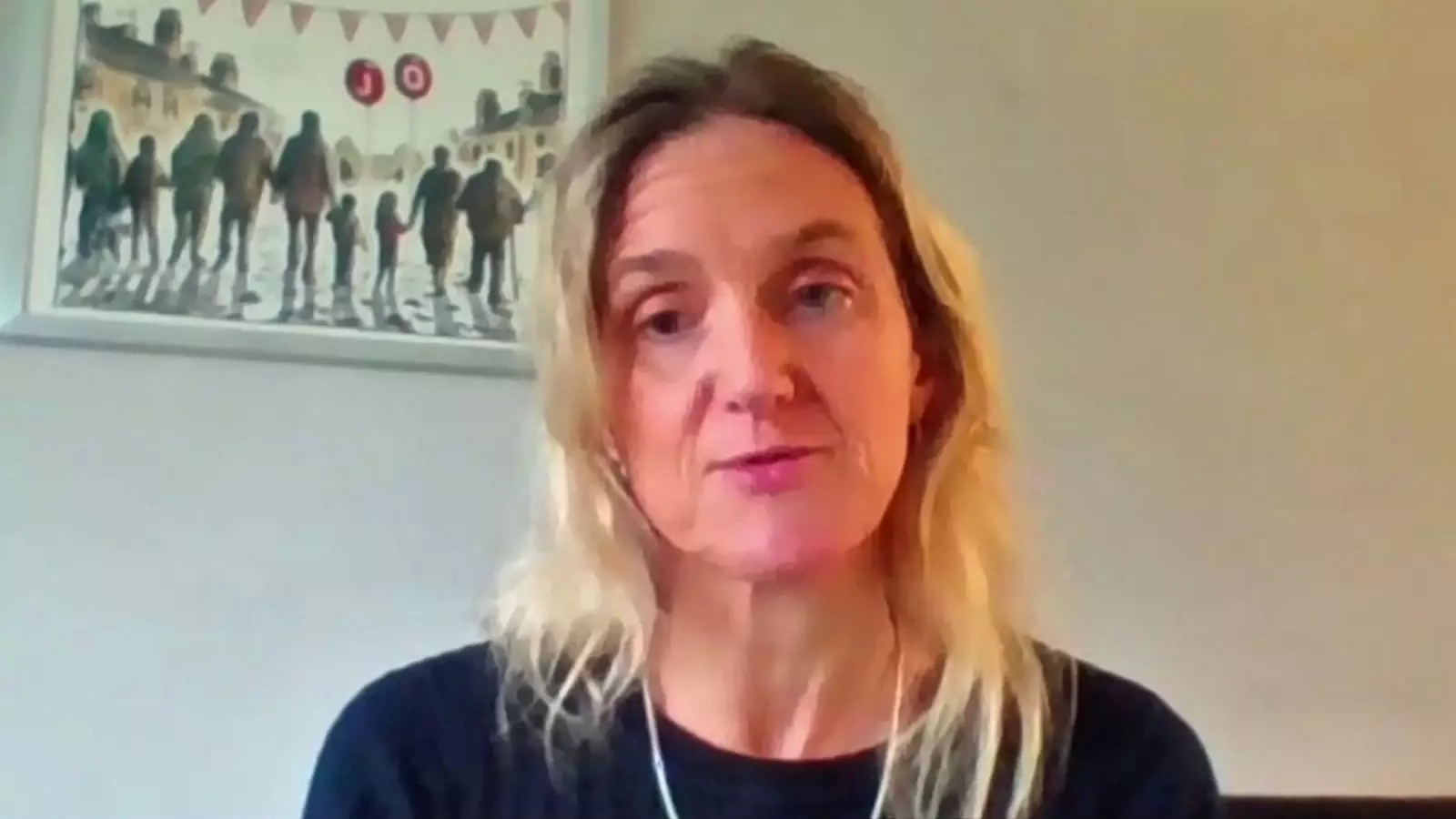The discussion surrounding assisted dying is nuanced and emotionally charged, engaging lawmakers and citizens alike. Central to this debate is Labour MP Kim Leadbeater, who is advocating for the Terminally Ill Adults (End of Life) Bill. This proposed legislation aims to provide terminally ill individuals with the option to end their lives with dignity, provided they are facing immense suffering and have been deemed eligible by medical professionals. However, the recent backlash from various political figures highlights the complexities and controversies inherent in such legislation.
During an interview, Leadbeater expressed her unwavering respect for Justice Secretary Shabana Mahmood’s stance against the bill. Mahmood’s perspective centres around the belief that the state should not be involved in offering death as a service, reflecting not only her moral convictions but also concerns about a potential slippery slope toward a broader concept of “death on demand.” The phrase evokes fears that the safeguards intended to protect vulnerable individuals might crumble, leading to dire consequences where life has less value.
Leadbeater, however, firmly believes that the safeguards outlined in her bill robustly delineate the conditions under which assisted dying would be permissible. She asserts that the bill’s title clarifies its intent; it is specifically for those diagnosed with terminal illnesses and predicted to have only a few months to live. By firmly grounding the legislation within these stringent parameters, Leadbeater counters concerns that the law could be misused or expanded unconsciously.
At the heart of Leadbeater’s proposal lies a legal framework intended to protect both patients and the sanctity of life. Her bill stipulates that assisted dying would require the approval of two doctors and a High Court judge, ensuring thorough evaluation before any action is taken. This multi-faceted approach aims to create a structured process that prioritizes patient autonomy while simultaneously safeguarding against potential abuse.
Moreover, Leadbeater has introduced provisions that criminalize coercion, underscoring her commitment to ethical considerations. It is crucial to recognize that this legislation is not just about ending life; it is about providing options and choices in the face of unbearable suffering. Thus, her bill seeks to empower those facing terminal illness rather than inadvertently promoting a culture of despair or coercion.
With the House of Commons set to debate the bill for the first time in nearly a decade, political dynamics are coming to the forefront. MPs will be granted a free vote, allowing them to prioritize their conscience over party allegiance. Such a framework invites a blend of differing opinions and acknowledges the sensitiveness of the subject matter.
The intervention from cabinet ministers, particularly Mahmood’s pointed criticism, raises questions about party solidarity and the extent to which personal beliefs should guide political decisions. Labour peer Charlie Falconer’s remarks lead one to wonder if Mahmood’s stance may be imposing personal ideologies on broader societal choices. It is a delicate balance between individual belief systems and the legislative process, one that is already proving contentious.
Leadbeater acknowledges the undeniable influence of religious beliefs in discussions surrounding assisted dying. Many people draw lines based on personal faith, leading to firm opposition to any shift in legislation. As she articulates, not everyone will support changes due to these unwavering convictions. This reality introduces a layer of complexity to the conversation, imploring the need for respectful dialogue, understanding differing perspectives, and recognizing the deeply-rooted sentiments tied to life and death decisions.
As the debate unfolds, the core question remains: Should terminally ill patients have the right to choose how and when they die? With opinions diverging widely, clarity and compassion are essential. Leadbeater reiterates her conviction about the bill’s safety, emphasizing her commitment to the vulnerable. The upcoming vote will test not only the political landscape but also the societal readiness to confront one of the most profound ethical dilemmas of our time. As discussions evolve, it is essential to foster a dialogue that prioritizes respect, choice, and the intrinsic value of human life amid suffering.


Leave a Reply